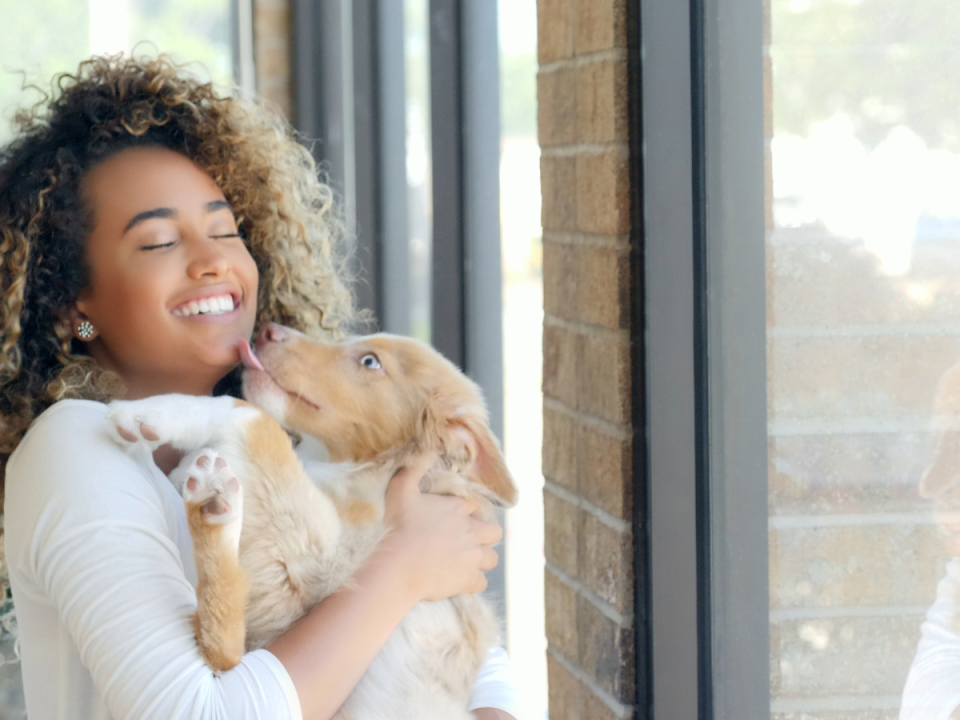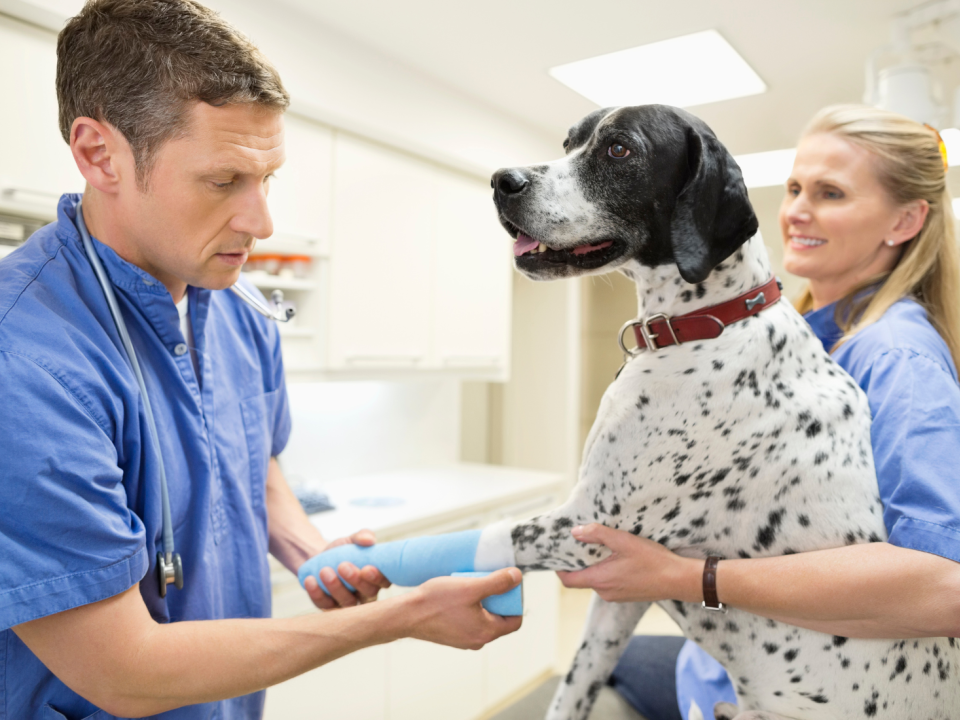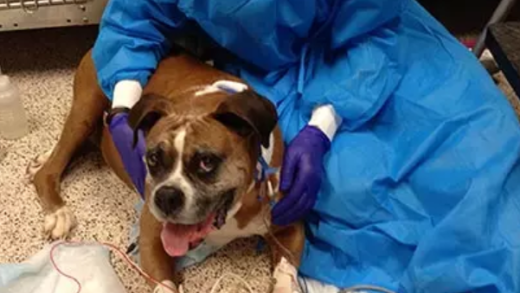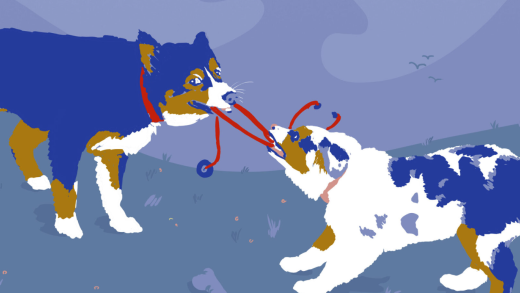What to do if your pet dog receives a devastating diagnosis of cancer? One option is to enroll the pet in an NCI-supported clinical trial testing a new cancer treatment. Pet animals will receive treatment under the care of board-certified veterinary oncologists who share our goal of alleviating the suffering of companion animals with cancer
Comparative Oncology Program
Dedicated to the study of naturally occurring cancers in animals as a model for human disease
Comparative oncology is the study of naturally developing cancers in animals as models for human disease. Spontaneous cancers in dogs and cats are an underused group of naturally occurring malignancies that share many features with human cancers such as osteosarcoma, prostate and breast cancers, non-Hodgkin's lymphoma, melanoma, soft tissue sarcoma, head and neck carcinoma, and virally induced lymphomas


Clinical Trials
The Comparative Oncology Trials Consortium (COTC) is an active network of 20 academic comparative oncology centers, centrally managed by the Comparative Oncology Program, that functions to design and execute clinical trials in dogs with cancer to assess novel therapies.
News

Research
The COP complements translational research efforts through the characterization and use of relevant and naturally occurring cancer models that develop in pet animals.
Team
Resources
The websites listed below are additional resources for veterinary clinical trials and comparative oncology.
Contact
If you have questions about our program, please contact:
Christina Mazcko, Program Manager
Ph: 240-760-7094
mazckoc@mail.nih.gov
For press inquiries, please contact the NCI Press Office.








